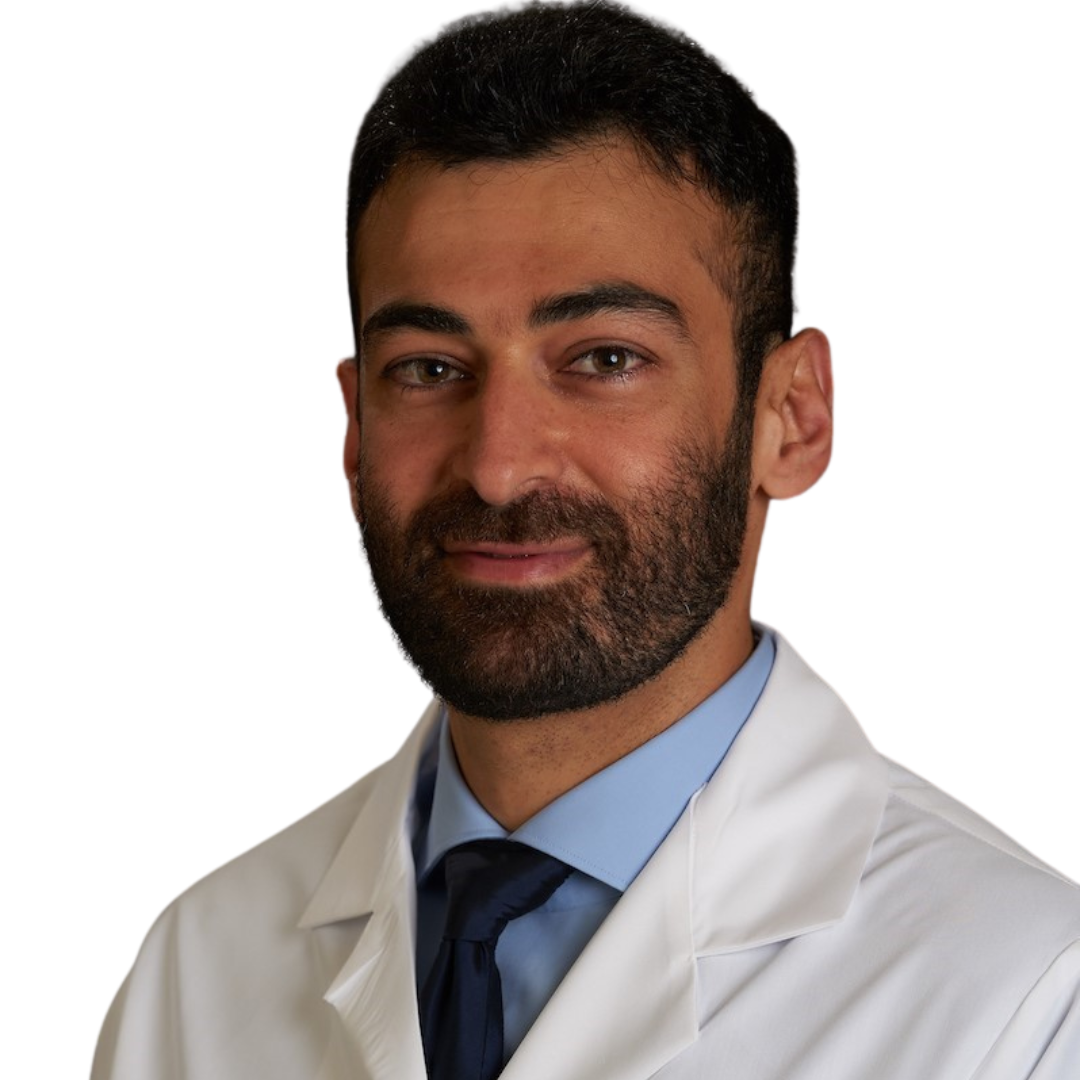Meet LCFA's Amazing Researchers
Meet these leading scientists focused on lung cancer research, new treatments, and enhancing the lives of those living with lung cancer.
-

-
Julie Wu, MD
Staff Physician, Medical Oncology
Precision oncology integrating evidence-based models into clinical practice to personalize treatment approaches

-
Aparna Sharma, DM
Thoracic medical oncologist
Genomic characterization of young onset lung adenocarcinoma

-
Jonathan Villena-Vargas, MD
Thoracic Surgeon
Characterizing T cell PD-1 response in the tumor-draining lymph nodes of early-stage NSCLC patients

-
Jarushka Naidoo, MRCPI
Clinical/Translational Investigator
Identifying novel biomarkers of response and toxicity to immunotherapy

-

-
Jon Zugazagoitia, MD, PhD
Thoracic Oncology
Developing precision immunotherapy strategies to improve outcomes of patients with NSCLC

-
Vincent Lam, MD
Translational researcher
Characterize the immune microenvironment in ALK+ lung cancer

-
Adrian Sacher, MD
Thoracic medical oncologist
Identify novel biomarkers that identify patients who will not benefit from immunotherapy

-
Ramin Salehi-Rad, MD, PhD
Pulmonologist/critical care physician
Studying the effects of a novel lung cancer vaccine that uses modified cells from the patient’s own tumor

-
Jacob Kaufman, Md, PhD
Medical Oncology
Understanding how the specific genetic background of each cancer affects their behaviors in patients

-
Daniel J. Spakowicz, PhD
Molecular Carcinogenesis and Chemoprevention
The interplay between gut microbiome and immuno-oncology (IO) therapy responses for lung cancer

Your generosity fuels tomorrow's breakthroughs
LCFA’s 22 Early Career Researcher grants, totaling $4.4 million, have already generated $43 million in additional research funding. That’s a 10X return on investment in the fight against lung cancer.
